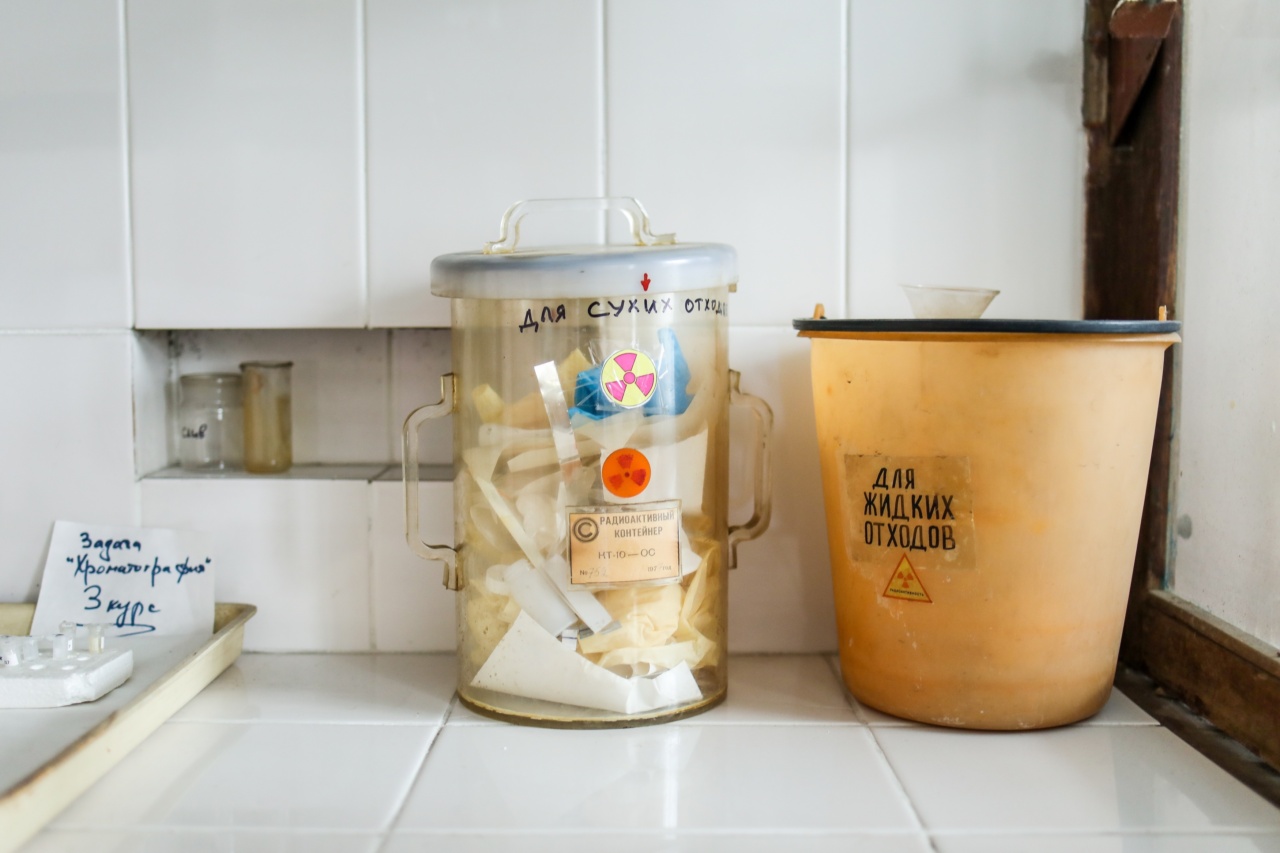Premature menopause, also known as early menopause, occurs when a woman’s menstrual periods stop before the age of 40. One of the major causes of premature menopause is exposure to toxic chemicals.
A recent study has revealed that women who are exposed to certain harmful substances on a regular basis have a higher risk of experiencing premature menopause.
What is Menopause?
Menopause is a natural biological process that occurs when a woman’s ovaries stop producing eggs and her period stops. A woman is considered to have reached menopause when she has not had a period for 12 consecutive months.
Menopause usually occurs between the ages of 45 and 55, with the average age being 51 for women in the United States. During menopause, a woman’s production of the hormones estrogen and progesterone decreases, which can cause a number of symptoms including hot flashes, night sweats, mood swings, and vaginal dryness.
What is Premature Menopause?
Premature menopause is defined as menopause occurring before the age of 40. It is estimated that around 1% of women experience premature menopause.
Women who experience premature menopause have a shorter reproductive lifespan, which can affect their fertility and increase their risk of certain health conditions such as osteoporosis and cardiovascular disease. Premature menopause can also have emotional and psychological effects on women, leading to depression and anxiety.
What Causes Premature Menopause?
There are a number of factors that can contribute to premature menopause including genetics, autoimmune diseases, and chemotherapy. However, exposure to toxic chemicals is becoming an increasingly recognized cause of premature menopause.
Toxic chemicals are present in a variety of everyday products including cleaning supplies, personal care products, and plastics.
Which Toxic Chemicals Are Linked to Premature Menopause?
A recent study published in the journal Menopause found that women who were exposed to certain toxic chemicals on a regular basis had a higher risk of experiencing premature menopause.
The study looked at data from 31,575 women between the ages of 42 and 64 who participated in the Study of Women’s Health Across the Nation.
The study found that women who were exposed to high levels of phthalates, which are commonly found in personal care products such as shampoo and lotion, had a 2.3 times greater risk of experiencing premature menopause than women who were not exposed to phthalates. Women who were exposed to high levels of polychlorinated biphenyls (PCBs), which were used in a variety of industrial applications before being banned in the United States in the 1970s, had a 1.4 times greater risk of premature menopause.
How Can Women Reduce Their Exposure to Toxic Chemicals?
Reducing exposure to toxic chemicals can be challenging, as they are present in a variety of everyday products. However, there are steps that women can take to reduce their exposure:.
- Choose natural and organic personal care products that do not contain phthalates or other harmful chemicals
- Use glass or stainless steel containers for food and water instead of plastic containers
- Avoid heating food in plastic containers in the microwave
- Choose organic produce and meat to reduce exposure to pesticides and other chemicals
- Avoid using pesticides and other chemicals in your home and garden
- Use a high-quality air filter to reduce exposure to pollutants in the air
What Can Be Done to Regulate Toxic Chemicals?
Currently, the regulation of toxic chemicals in the United States is inadequate. The Toxic Substances Control Act, which was passed in 1976, allowed tens of thousands of chemicals to be used in everyday products without being tested for safety.
In 2016, the law was updated with the passage of the Frank R. Lautenberg Chemical Safety for the 21st Century Act, which gives the Environmental Protection Agency (EPA) greater authority to regulate chemicals.
However, critics argue that the new law does not go far enough in protecting public health, as it does not require the EPA to test chemicals for safety before they are used in products.
In addition, the EPA has been criticized for its slow pace of chemical regulation and for allowing industry influence to affect its decision-making.
The Bottom Line
Premature menopause can have serious health and emotional consequences for women. Exposure to toxic chemicals is a major cause of premature menopause, and women should take steps to reduce their exposure to these harmful substances.
However, regulatory measures are also needed to protect public health by reducing the amount of toxic chemicals that are allowed in everyday products.





























